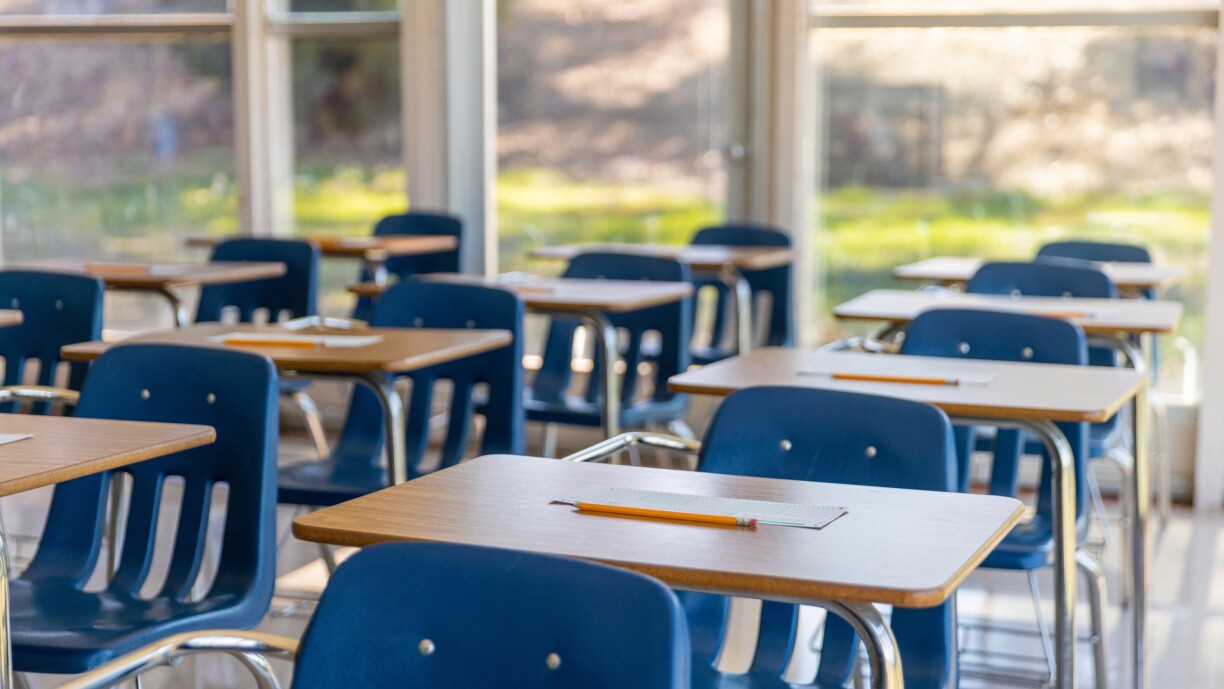
Some primary and secondary teachers from the International School of Differdange and Esch-sur-Alzette share their advice on how parents can support their children in transitioning successfully from primary to secondary school.
In primary school, children tend to be given regular instructions and reminders by their teachers about what to do, where to go, and what to bring. Staff proactively help children remember their equipment or find lost items. Incidents between pupils are often dealt with in depth and primary staff are usually very involved in conflict resolution.
At secondary school, most children feel the shift in responsibility quite keenly, as emphasis is placed on self-management and independence. No longer ‘mothered’ by staff, students are in charge of their books, stationery, locker keys and other specialist equipment for around ten different subjects. All teachers are different, and it can be quite a challenge for students to navigate their way through this maze of personalities. Students must learn what is expected of them in each lesson and adapt very quickly.
At home, you can help promote this by providing folders and labels for efficient organisation, doing regular equipment checks, helping to pack school bags, or making suggestions as to what days to leave items in lockers so that bags don’t get too heavy. Don’t forget to buy a padlock if your child is allocated a locker.
Some schools provide diaries or agendas for students but if they don’t, you could buy one for your child to keep on top of homework, important information, dates and events and so on.
Students are usually assigned a tutor at the start of the year who should be their go-to person in times of need during the school day. If you are offered the chance to meet the tutor, take it.
It can be tricky getting to grips with moving around a large building or campus. It can also be hard understanding timetable codes and room numbers. For the first few weeks of September, it is not uncommon to see dozens of eleven-year-olds milling around school like lemmings, looking somewhat confused.
Firstly, ensure they have a watch for effective timekeeping. Then help your child to understand their timetable, colour code it together, make some photocopies to stick on the fridge, in their room, above their desk, or on the front door.
Many schools in Luxembourg make use of the Untis software, or something similar, so having a look at this together at the start of the day to check for room changes or cover teachers could be useful for the first few weeks.
Encourage your child to ask for help from staff or students if they need it and remind them that everyone in their year group will be in the same boat!
The likelihood is that at secondary school, there will be noticeably more homework, set fairly regularly, across more subjects. Some schools ease students in gently so they are only given homework in the core subjects for the first half term; other schools set a homework timetable.
Encourage your child to check their diary or Untis; help them create a schedule they can follow at home; or check in with them at dinnertime to see if they are prepared for the following day. Many schools use the virtual classrooms on Microsoft Teams to communicate with both students and their parents, so you could go online to see what tasks have been set.
As a parliamentary debate is soon to take place on the prohibition of phones in schools, many schools will be considering their rules for the use of mobile phones in school. From a parental point of view, it can be enormously helpful to keep in contact with one’s child, to track their journey to and from school or to keep in touch regarding home time plans. However, for some students, taking their phones into school can exacerbate bad habits such as excessive use of social media or gaming apps.
Find out the school rules regarding phone use and continue to have honest, open conversations with your child. It is worth checking which WhatsApp groups they have joined and encouraging them to avoid very large groups which can unfortunately become forums for poor online behaviour, bullying and peer pressure.
Your child will no doubt meet lots of people and make new friends at secondary school. This brings with it a plethora of teenage angst. Why is my best friend hanging out with someone else now? Is it OK to hang out with different people? Where do I fit in? How will I make new friends?
Keep the lines of communication open with your child, let them talk and actively listen to their worries. You can remind them that it’s fun to meet students with similar interests to theirs and encourage them to join sports teams, music or art clubs and other extracurricular groups on offer.
Just because your child is a little bit more grown up this year doesn’t mean they don’t need you anymore. Many parents are under the impression their young teens don’t want or require so much parental input as before. But it’s important to remember that at some point over the next few weeks and months, they are probably going to feel lost, overwhelmed or anxious, and they need your love and support just as much as they did on their first day of primary school, all those years ago.
Wishing you and your child the best of luck for the new school year!